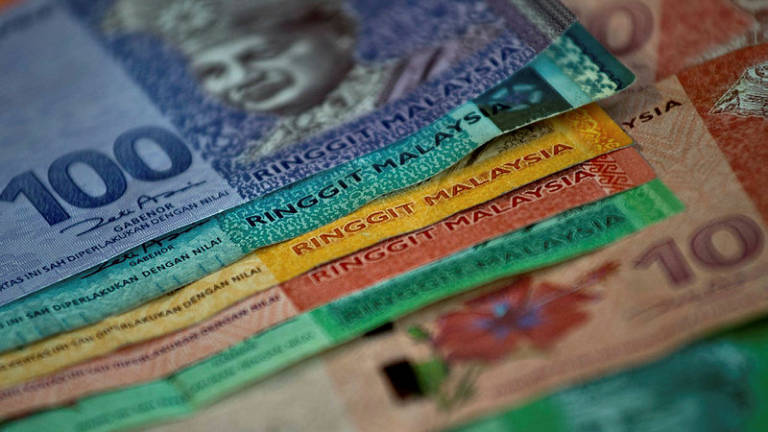PETALING JAYA: Putting money directly into the pockets of the people will boost consumption spending and this will play a part in helping the economy to recover from the fallout of the Covid-19 pandemic.
Sunway University Business School professor of economics Dr Yeah Kim Leng said consumption spending makes up about 60% of the economy.
He said those in the lower income group tend to spend 80 sen to 90 sen of every ringgit they have on household expenses.
Various incentives introduced by the government could encourage those in the middle and upper income groups to spend on big-ticket items, he added.
“For instance, incentives for the housing and automotive sectors will spur spending and prop up the economy,” he said when commenting on the economic recovery plan announced by Prime Minister Tan Sri Muhyiddin Yassin over the weekend.
However, Yeah said there is still an aversion towards spending on big-ticket items.
“People are worried about job security and the recent pay cuts make people more reluctant to spend on new homes or cars.”
He said the government needs to instil confidence to get people to spend.
“Continuing the wage subsidy will help workers retain jobs and this will help in economic recovery,” he told theSun.
“It will also help to alleviate costs for small and medium enterprises (SME).”
Yeah said a cause for worry is that while the government has plans to help the self-employed with a RM3,000 payout each, most do not have registered businesses nor are they savvy enough to proceed under the new economy.
“Some are not even able to go to the government office to get help,” he pointed out.
Economist Prof Dr Barjoyai Bardai described the economic stimulus package as “humanitarian” aid.
He said while the aid packages will help workers directly, there is no process as yet to turn industries around.
He also noted that the measures to help workers will last only three months, while it may take until the end of the year for the economy to recover.
Barjoyai said there is a need for the government to invest in human capital development.
He said the government must push for retraining and reskilling of workers to meet the new challenges, adding that the new way of doing business needs a better trained and better equipped workforce.
SME president Datuk Michael Kang said the stimulus packages by the government is aimed at the new economy.
He said the government is aware that at least 50% of SME will close down while others will need to change the way they do business.
“The packages will help healthy SME and unhealthy ones will be left with no choice but to close down. This is because the government has limited funds and it cannot help everyone.”
Kang said SME operators need to move towards digitisation to meet the challenges of the new economy. They have to consider mergers if they want to survive, adding that with gig economy, more young people want to sell their services rather than being employed by a company.










